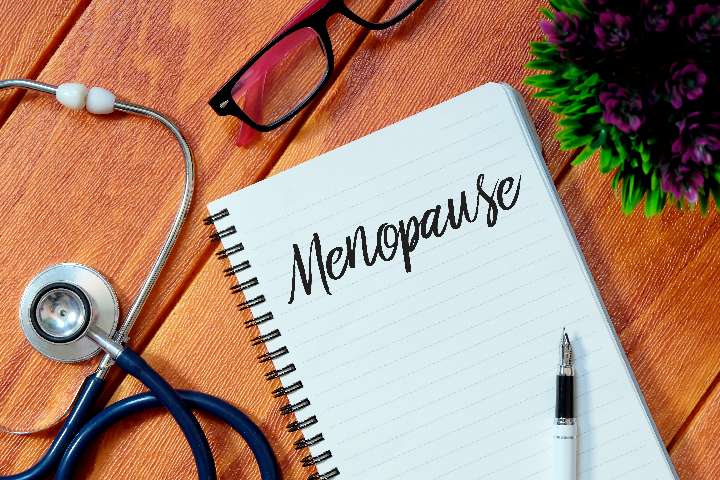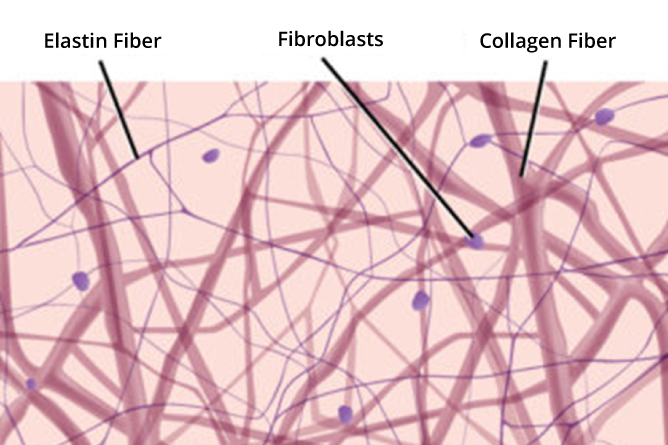
The Mystery of "Normal" Menopause
By the year 2030, the global population will include approximately 1.2 billion women that have entered menopause, a phase in life when menstruation has stopped for 12 or more months. Typically, it starts between the ages of 45 and 53, and symptoms vary, including hot flashes, sleep disruption, sudden weight gain, anxiety, loss of bone density, thinning hair and decreased sex drive. A common misconception is that estrogen goes down with menopause, but most peri- and postmenopausal women have plenty of estrogen, but many other hormones get out of whack. Practitioners of functional medicine may employ various strategies to help manage menopausal symptoms and promote overall well-being. Even though menopause is natural, many women are not ready to give up on life when it hits. They still want and deserve the same quality of life as in earlier years.
Here is a brief description of what women can do to preserve and maintain their quality of life. Menopause has been linked to the risk of several chronic diseases, like increased risk for cardiometabolic disease, fatigue, diabetes, hypertension and abdominal obesity. Hormonal changes in aging patients have also been associated with greater risk of frailty and disability, likely due to disruptions along several hormonal axes, rather than deficiency of a single hormone. The Mediterranean Diet has a cardioprotective effect for women during perimenopause and menopause; of course, adherence matters.
Chronic stress brings unfavorable biochemical, neurological and cellular changes to a woman’s body. When ovaries start to shrivel during “normal” menopause, the adrenal gland, responsible for energy, mental clarity and mood, comes to the rescue and provides relief. Menopausal suffering becomes more pronounced when perimenopausal stress has burned out the adrenal glands, leaving the body devoid of this natural relief, a condition called adrenal fatigue. Thus stress management with deep breathing exercises, yoga, meditation and aerobic activity play an important role. Vegan diets report less bothersome vasomotor symptoms like hot flashes.
Menopause can lead to a decrease in libido due to hormonal changes, physical symptoms like vaginal dryness, and psychological factors such as mood swings and relationship dynamics. Strategies to address low libido may include hormone replacement therapy, lubricants, communication with a partner, lifestyle changes, sexual stimulation, and counseling.
Toxicity accumulated over decades interferes with neural signaling in the body. Common examples are endocrine-disrupting chemicals embedded in products such as pesticides, plastics (BPA), chemical drugs (parabens) and heavy metals. Even personal hygiene products have been linked to creating hormonal imbalance, producing emotional lability and non-restorative sleep. A structured detoxification using all natural foods can help alleviate these symptoms. Fruits and vegetables may help alleviate symptoms of increased inflammation. Cruciferous vegetables like broccoli and cauliflower, especially, contain glucosinolates that help the body send estrogen metabolites down a pathway to prevent and suppress the development of hormone-modulated female cancers.
Thinning hair is a common quality-of-life issue. All of the hormones: estrogen, progesterone, thyroid and insulin, need to be working in harmony for lush, shiny, smooth and youthful hair. Their imbalance during menopause causes thinning. Adequate intake of protein and vegetables help support hair, but only in a setting of balanced hormones. Two important enzymes that are gatekeepers for estrogen and testosterone metabolism are aromatase and 5-alpha reductase. Aromatase can affect the conversion of testosterone to estrogens, and 5-alpha reductase can affect the conversion of testosterone to dihydrotestosterone. Modulating these enzymes at the genomic level through nutrigenomics can help strengthen weakened or dormant hair follicles.
Good communication is key to having the body working well as a system. Hormones are important messengers. As these messengers begin to cease function or malfunction through menopause, this presents as a wide variety of chronic conditions and women begin to feel abnormal even in this “normal” stage of life.


